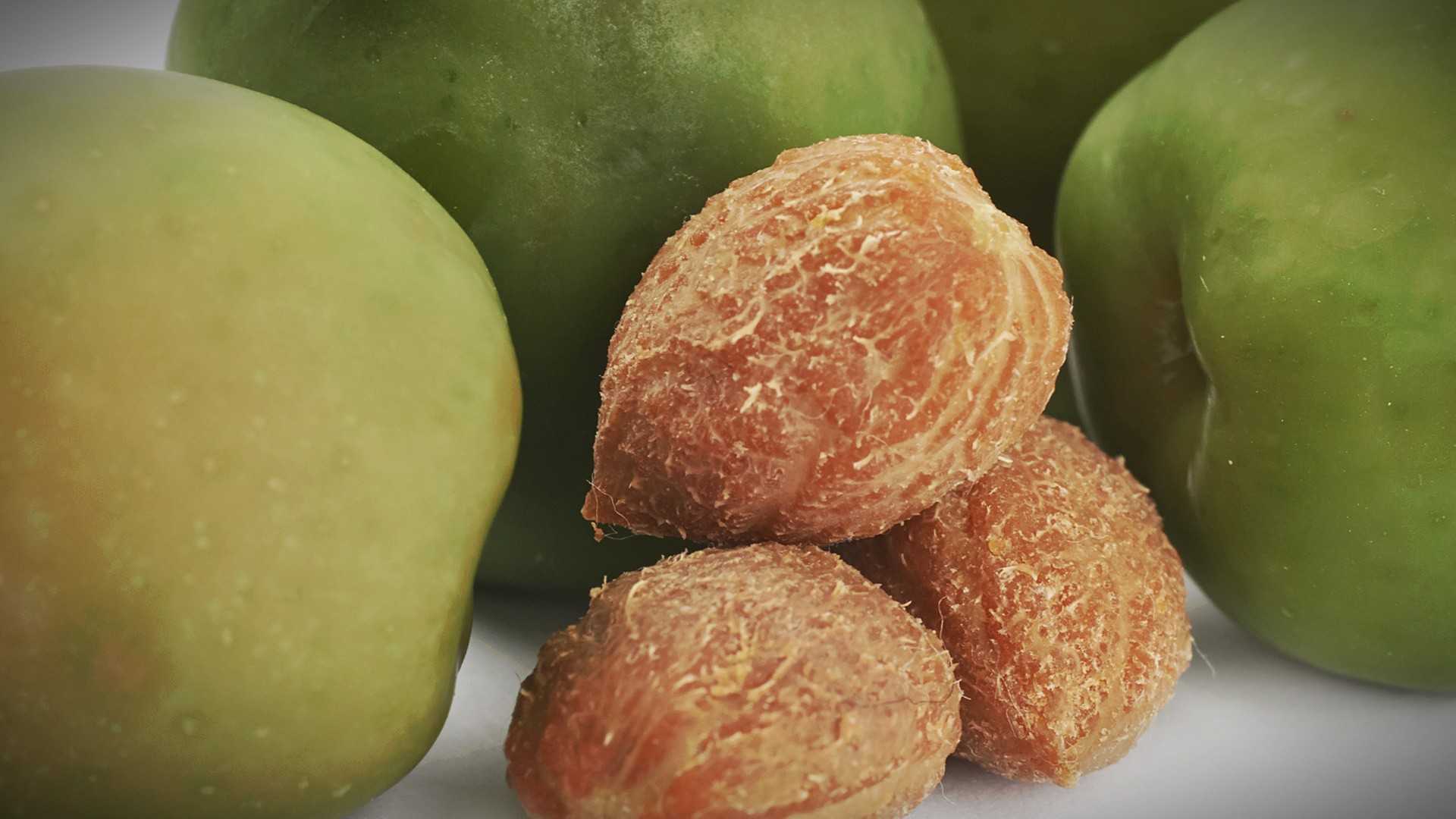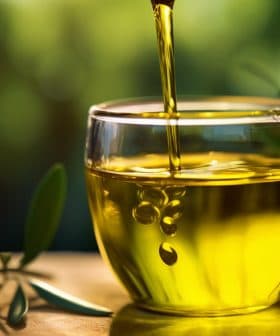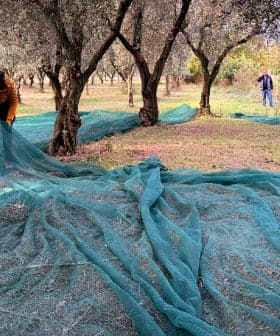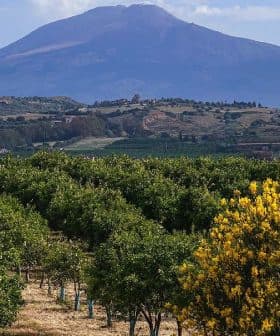Researchers Develop a Method to Retrieve the Sugar in Olive Pits

Researchers at the University of Jaén have developed a method to efficiently retrieve 83% of the sugar found in olive pits, which can be used in various industrial processes including biofuels, sweeteners, and bio-fuel compounds. The new procedure involves a two-step process using an acid solution to separate the contents of the olive pit and break down chemical bonds to extract the sugars, with plans to scale up the process in a bio-refinery plant to replace traditional energy sources with renewable sources.
Eighty-three percent of the sugar found in olive pits can be efficiently retrieved and, thanks to the high quality of the raw material extracted, it can then be used in several different industrial processes.
Researchers at the University of Jaén has devised a new method they believe will appeal to the food and pharmaceutical industry as well as the biofuels sector.
In a note published by the University, researchers explained that those results depend on a two-step procedure: An acid solution is used to separate the contents of the olive pit before the chemical bonds are broken down so that the new compounds may emerge.
See Also:Articles on Sustainability“This technique saves most of the sugars involved, and that means a greater potential for the derived biological products,” explained Eulogio Castro, co-author of the study published by the Industrial Crops and Products journal.
More specifically, the glucose retrieved by the new procedure is transformed into derived bio-products among which the scientists cited bio-ethanol, an efficient bio-fuel compound, xylitol, a widely used sweetener, and lactic acid, which is a base for the production of several macro-molecules.
“As a result of the combined pretreatment under the selected operation conditions,” the researchers reported, “an overall sugar production yield of 83 percent of the total sugar content in raw olive stones can be obtained, taking into account the different sugar streams generated along the whole process.”
The next step for the engineers and researchers is to apply the new method to much higher volumes of olive pits. The procedure will be integrated within a bio-refinery plant where traditional energy sources are substituted by renewable sources.
The study is part of a three-year-long project carried out in Madrid by the CIEMAT (Centre for Energy, Environmental and Technological Research) titled “Progress towards a flexible bio-refinery of raw materials and products in regions with a high density of agro-industrial biomass: case of the olive grove.”









